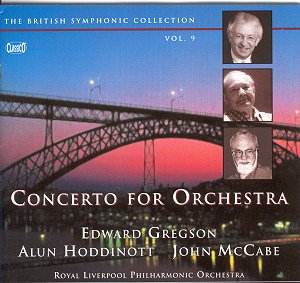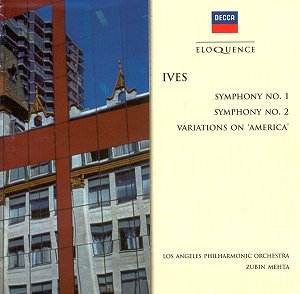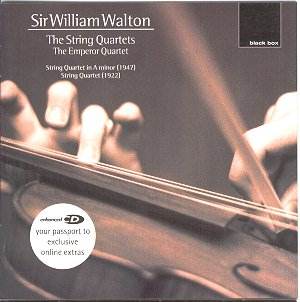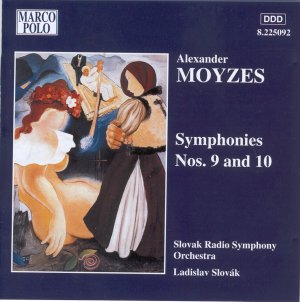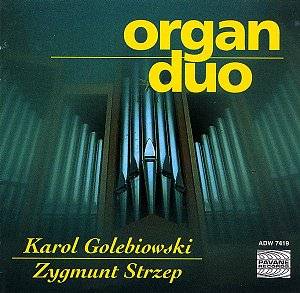 Composer: Adolph Friedrich Hesse, Gaetano Piazza, Giovanni Bernardo Lucchinetti, Josef Blanco, Wolfgang Amadeus Mozart, Ludwig van Beethoven, Georg Friedrich Handel
Composer: Adolph Friedrich Hesse, Gaetano Piazza, Giovanni Bernardo Lucchinetti, Josef Blanco, Wolfgang Amadeus Mozart, Ludwig van Beethoven, Georg Friedrich Handel
Works: Fantasie op 35, Concert Fantasie op 36, Fantasie op 87, Sonata for two organs, Concerto for two organs, Fantasie KV594, Adagio WoO 33/1, Hallelujah from the Messiah
Performers: Karol Golebiowski (organ), Zygmunt Strzep (organ)
Recording: Recorded at St Bernard Church, Hamburg, May 1988
Label: Pavane ADW 7419
The art of organ music, particularly in the context of duets, is explored with remarkable depth in this recording featuring Polish organists Karol Golebiowski and Zygmunt Strzep. The compilation spans a wide temporal and stylistic range, from the late Baroque of Handel to the romantic sensibilities of Hesse, while simultaneously illustrating the vibrant tradition of playing two organs together—a practice dating back to the fifteenth century. This disc serves as both a historical reflection and a celebration of the diverse repertoire available for such a configuration, effectively showcasing the unique voices of the composers featured.
The performance of Hesse’s Fantasias is notably engaging, revealing the composer’s intricate counterpoint and emotive capabilities. Golebiowski and Strzep demonstrate a keen interpretive insight, particularly in how they navigate the interplay between the two organs. Their articulation is precise, allowing the lines to emerge with clarity even amidst the complex textures Hesse employs. The choice of registration throughout these pieces is commendable; the organists manage to maintain a warm resonance without sacrificing the distinct character of each voice. For instance, in the Fantasie op 35, the interplay between the solo lines flourishes, highlighting Hesse’s Bachian influences while showcasing his individual flair.
Lucchinetti’s Concerto for two organs provides a vibrant contrast, imbued with energetic spirit and lively dialog between the instruments. Here, the Allegro section shines, with Golebiowski and Strzep executing the rapid passages with verve and assurance. The Spirituoso, however, perhaps suffers from a slightly cautious tempo, which could benefit from a more exuberant approach to fully realize its character. Nevertheless, the overall momentum of the performance remains captivating, underscored by the lively registrations employed.
Josef Blanco’s Concerto, although less well-known, is a delightful addition that showcases the lighter side of the repertoire. The sprightly Allegro bursts forth with a delightful buoyancy, and the treble registration employed here is particularly effective, casting a brilliant light on the textures. The recording quality allows these subtle nuances to be appreciated, rendering the performance both transparent and engaging. The clarity of sound is further enhanced by the engineering, which captures the spacious acoustics of St Bernard Church beautifully.
In the more familiar territory of Mozart and Beethoven, the duo’s sensitivity shines through. The Fantasie KV594 is rendered with a lyrical grace, and the Adagio WoO 33/1 is particularly noteworthy for its arching melodic lines. The performers utilize an impressive command of dynamic shading, underscoring the emotional depth of these works. Their interpretation of Handel’s Hallelujah, while slightly restrained, still conveys a sense of reverence that befits the piece’s enduring legacy.
The recording stands out not only for its artistic merit but also for the thoughtful curation of the repertoire. By juxtaposing lesser-known works with established masterpieces, Golebiowski and Strzep illuminate the rich tapestry of organ music for two players. This disc is a resounding success, combining technical proficiency with interpretive insight, making it a valuable addition to the catalog of organ recordings. The performers’ dedication to the music is palpable, leading to a thoroughly enjoyable listening experience that resonates long after the final notes fade.
